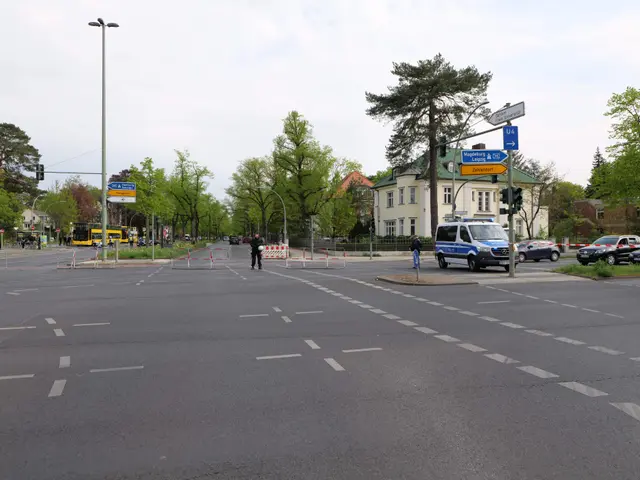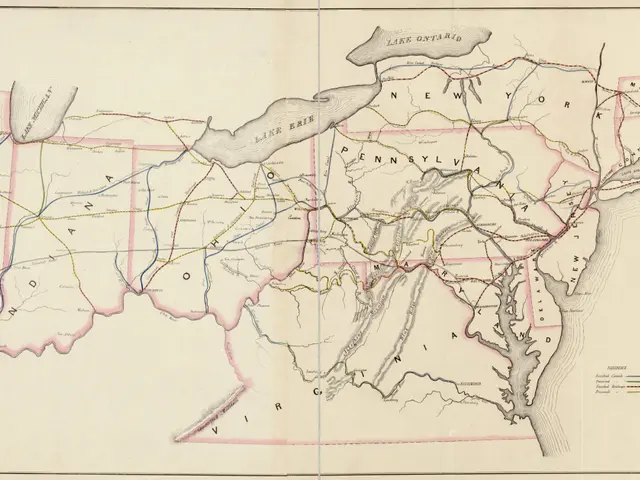Local casinos may contribute positively to the surrounding community, providing employment opportunities, generating tax revenue, and potentially stimulating local economic growth.
In the vibrant landscape of the United Kingdom, casinos have emerged as a significant economic driver, particularly for local areas. These establishments contribute to job creation, stimulate businesses, and generate substantial tax revenue.
The regulated gambling sector in the UK supports around 109,000 jobs nationwide, with casinos being a substantial part of this figure. These jobs span various roles, from hospitality and security to administration and entertainment, helping to reduce local unemployment rates.
Casinos also bolster local businesses. The influx of visitors attracted by casino operations leads to increased spending in hotels, restaurants, transport services, and local suppliers. This economic activity not only benefits these businesses directly but also creates a ripple effect, stimulating further growth in the local economy.
Moreover, the tax revenue generated by casinos plays a crucial role in funding public services and infrastructure development in the local communities they serve. Annual contributions to the UK economy are estimated at around £6.8 billion, with £4 billion paid in taxes each year.
Beyond the direct economic benefits, casinos also contribute to national sports and cultural activities, indirectly benefiting local economies by maintaining vibrant social and recreational environments.
The digital age has seen the emergence of online casinos, which offer their own unique advantages. These platforms can help put relatively small areas back on the map, creating new business opportunities. Online casinos registered in the UK contribute to the UK economy, helping to create more wealth and funding for public services.
Online casinos also prioritise responsible gambling practices, offering more stringent guidelines and tools that encourage healthy habits. This commitment to responsible gambling can help reduce the number of problem gamblers, further benefiting local communities.
Land-based casinos, despite their decline, continue to bring benefits to local areas. A large-scale casino can create a significant amount of revenue and bring attention to a relatively small area, boosting local tourism and injecting vacation money into the local economy.
In conclusion, casinos, both online and brick-and-mortar, represent a valuable economic engine for local areas in the UK. They provide direct employment, stimulate businesses, and generate substantial tax contributions, thus playing a crucial role in the sustainability and growth of local communities.
[1] Gambling Commission. (2021). Statistical report: Gambling participation, prevalence and gaming machine usage, Great Britain, 2020. Retrieved from https://www.gamblingcommission.gov.uk/for-the-public/about-us/our-reports-and-statistics/statistics.aspx [3] HM Treasury. (2018). Review of the gambling Gross Profit Yield (GPY) tax: call for evidence. Retrieved from https://www.gov.uk/government/consultations/review-of-the-gambling-gross-profit-yield-gpy-tax-call-for-evidence
- In the sphere of the UK's gambling industry, casinos, both land-based and online, contribute significantly to job creation, with casino games and associated roles within these establishments accounting for around 109,000 jobs nationwide, as reported by the Gambling Commission.
- The casino culture in the UK is not only a hub for entertainment but also a catalyst for economic growth, as a variety of casino personalities and trends, including gambling-trends and casino-games, contribute to local economies through job creation, business stimulation, and substantial tax revenue generation, as highlighted in the Review of the gambling Gross Profit Yield (GPY) tax: call for evidence by HM Treasury.








